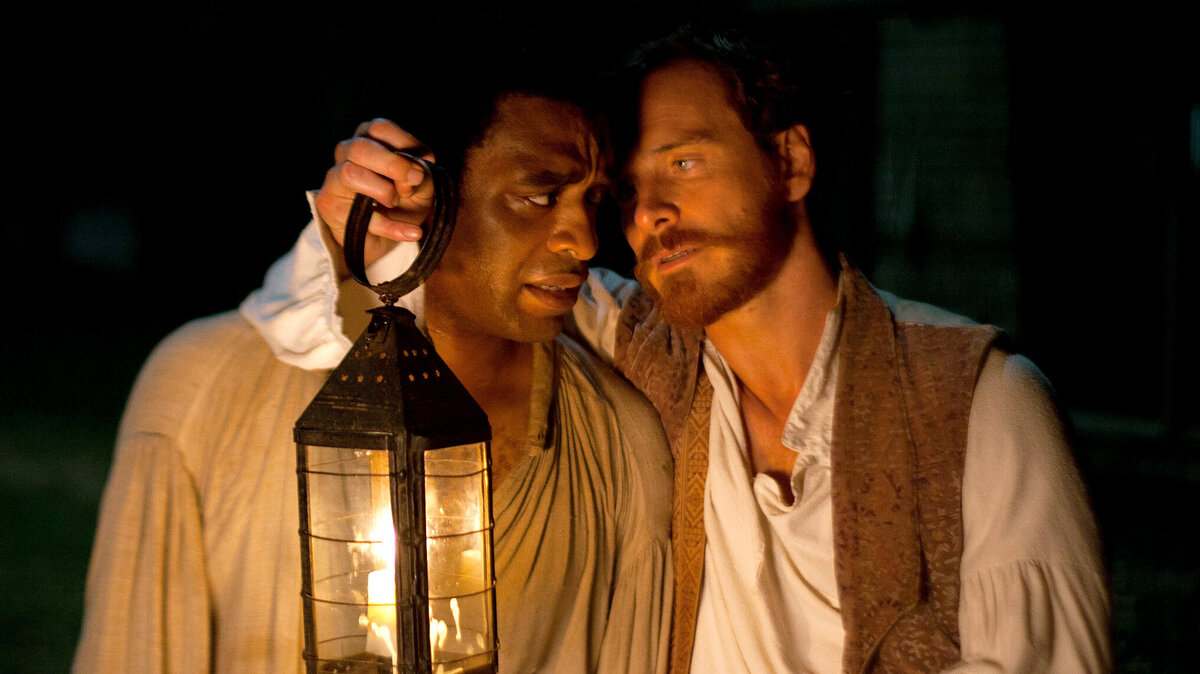12 Years a Slave, directed by Steve McQueen and based on the 1853 memoir of Solomon Northup, stands as one of the finest films on slavery ever created. This powerful cinematic masterpiece delves deep into the harrowing and painful experiences of a free Black man who was kidnapped and enslaved for over a decade in the American South. The film captures the brutal realities of slavery with unflinching honesty, making it a standout work in the exploration of this dark chapter in American history. In this article, we will examine why 12 Years a Slave is considered a standout film on slavery, focusing on the ways it portrays the suffering endured by enslaved individuals.
A Historical Background
Before delving into the film’s portrayal of suffering, it is essential to understand the historical context in which 12 Years a Slave is set. Slavery was an institution deeply ingrained in the fabric of American society for centuries. Millions of African men, women, and children were forcibly brought to the United States and subjected to inhumane conditions, dehumanization, and unimaginable cruelty. Solomon Northup’s memoir, on which the film is based, offers a firsthand account of the horrors he experienced as a free man who was illegally enslaved. McQueen’s film brings this account to life with extraordinary fidelity.
The Suffering Of Solomon Northup
The heart of 12 Years a Slave lies in the remarkable performance of Chiwetel Ejiofor as Solomon Northup. Ejiofor’s portrayal captures the emotional and physical torment that Solomon endures throughout his 12-year ordeal. The film unflinchingly shows the degradation of his identity and humanity as he is stripped of his freedom, dignity, and agency. The following are key aspects of Solomon’s suffering depicted in the film:
Solomon’s initial disbelief and shock at being kidnapped and sold into slavery is palpable. As he is renamed Platt and forced to adopt a new identity, the film underscores the dehumanization and erasure of individuality that enslaved people endured. 12 Years a Slave does not shy away from portraying the graphic violence and brutality that enslaved people faced. Solomon is subjected to vicious beatings, lashings, and near-death experiences. The film’s realism in depicting these horrors is deeply unsettling.
Slavery left a lasting mark on the psyche of those who endured it. The film explores the psychological trauma inflicted upon Solomon and other enslaved individuals, emphasizing the constant fear, helplessness, and despair they felt. The film also highlights the agonizing separation of enslaved families, as Solomon is forcibly separated from his wife and children. This aspect of the narrative underscores the emotional suffering that slavery inflicted on families.
Michael Fassbender delivers a chilling performance as Edwin Epps, a ruthless and sadistic plantation owner. Epps’s torment of Solomon and other enslaved individuals showcases the arbitrary and capricious nature of slavery’s cruelty.
Why ’12 Years a Slave’ Stands Out?
12 Years a Slave stands out as a finely crafted film on slavery due to its commitment to historical accuracy. The filmmakers conducted extensive research to ensure that the film faithfully portrayed the time period, settings, and experiences of enslaved individuals. The film boasts a stellar ensemble cast, with Chiwetel Ejiofor, Lupita Nyong’o, and Michael Fassbender delivering exceptional performances. Their portrayals lend authenticity and emotional depth to the characters.
Steve McQueen’s direction and John Ridley’s screenplay do not sugarcoat the horrors of slavery. The film’s uncompromising realism forces viewers to confront the brutality and dehumanization that enslaved people endured. 12 Years a Slave accomplishes what great cinema should—it engenders empathy and understanding. By immersing viewers in Solomon Northup’s nightmarish journey, it prompts reflection on the enduring legacy of slavery and the ongoing struggle for racial justice.
Final Words
12 Years a Slave is an exceptional work of cinema that stands out as one of the finest films on slavery ever made. Through its unflinching portrayal of suffering, it forces audiences to confront the horrors of America’s slave past. The film’s historical accuracy, outstanding performances, and commitment to realism make it a powerful and essential cinematic exploration of a dark chapter in American history. Solomon Northup’s story, brought to life on the screen, serves as a potent reminder of the enduring importance of acknowledging and understanding the painful legacy of slavery.













F*ckin¦ remarkable things here. I¦m very glad to see your article. Thanks a lot and i am looking ahead to touch you. Will you please drop me a mail?
Good write-up, I’m regular visitor of one’s blog, maintain up the excellent operate, and It is going to be a regular visitor for a long time.
A lot of of the things you state is astonishingly legitimate and that makes me ponder why I hadn’t looked at this with this light before. This piece truly did turn the light on for me as far as this subject goes. Nonetheless at this time there is actually 1 point I am not really too comfortable with and whilst I try to reconcile that with the core idea of your point, let me observe just what the rest of the readers have to say.Well done.
Very interesting details you have observed, regards for putting up. “Ignorance, the root and the stem of every evil.” by Plato.